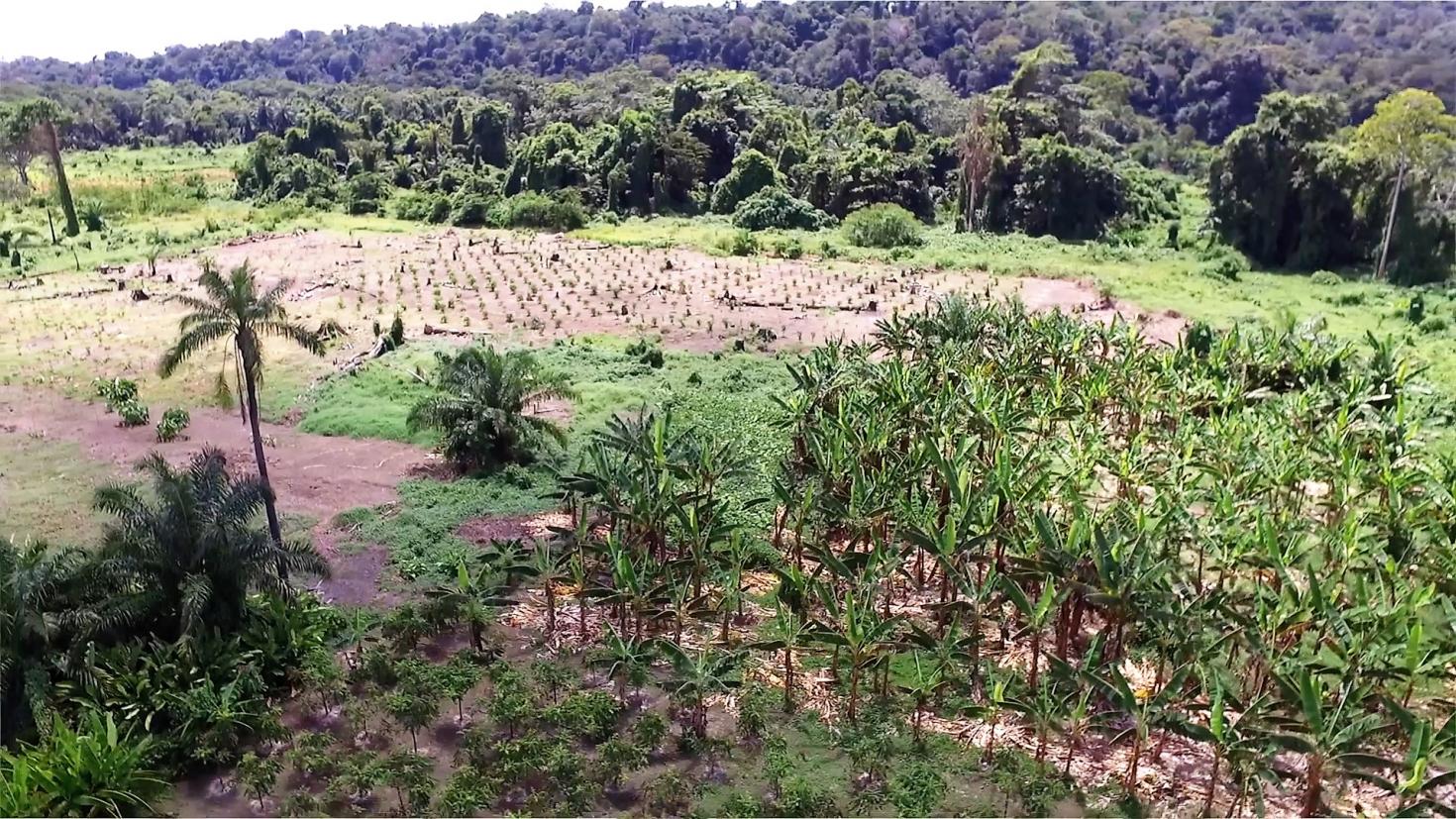Four audiovisual clips on pilot projects implemented in Antigua and Barbuda, Jamaica and Suriname were created as part of a process aimed at disseminating knowledge and providing tools to facilitate decision making in five Caribbean countries.
San Jose, 17 April 2018 (IICA). Through a series of audiovisual clips, the Inter-American Institute for Cooperation on Agriculture (IICA) will present part of an initiative that aims to strengthen the technical capabilities of public and private stakeholders in Antigua and Barbuda, Guyana, Haiti, Jamaica, and Suriname who are responsible for promoting sustainable land use to better adapt the agriculture sector to climate change.

The videos provide an overview of reclamation and remediation processes for soils impacted and degraded by mining activities or intensive fertilizer use in Caribbean countries. Among other things, the initiative seeks to provide tools for decision making and the development of a regional plan for reclaiming and remediating this natural resource.
Another objective of the initiative is to share scientific knowledge and lessons learned regarding the use of the organic matter to boost the sustainability of soils, the agriculture sector and livelihoods.
“We began by conducting a training process on the context and basic concepts of soil degradation management in the Caribbean using organic matter, sustainable practices, and soil reclamation and remediation technologies. Following the preparation of soil treatability studies, three pilot projects were implemented in the countries,” stated Karen Montiel, Coordinator of the Water and Soils component of the IICA Flagship Project “Resilience and Integrated Risk Management in Agriculture.”
The first video introduces and explains general aspects of the initiative for soil reclamation and remediation in the Caribbean. The other videos address the effect of organic matter on soil impacted by the mining of bauxite, a soft rock primarily formed from a mixture of aluminum hydroxide, in Jamaica; the remediation of soil impacted by gold mining in Suriname, using organic matter; and the effects of compost on degraded limestone soil in Antigua.
According to 2016 data from the United Nations Environment Programme (UNEP), more than 22% of soils in the Latin American and Caribbean (LAC) region are located in areas characterized by severe or very severe degradation. This phenomenon reduces the ability of soil to provide sustainable environmental services and to fulfill its key role in food and water security, adaptation to climate change, and the mitigation of emissions, among other areas.
Human activities and climate can affect the biological, physical and chemical functions of soil. Therefore, as part of its objectives, IICA channels efforts toward improving agriculture’s capacity to mitigate and adapt to climate change, as well as toward facilitating the adequate use of natural resources through the development and implementation of good agricultural practices that promote sustainable soil use.
More information:
Abimbola Abiola, IICA Representative in Haiti
Karen Montiel, Coordinator of the Water and Soils component of the IICA Flagship Project “Resilience and Integrated Risk Management in Agriculture”










